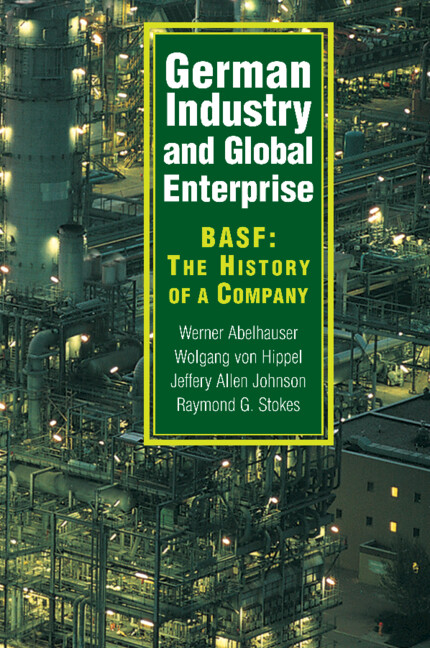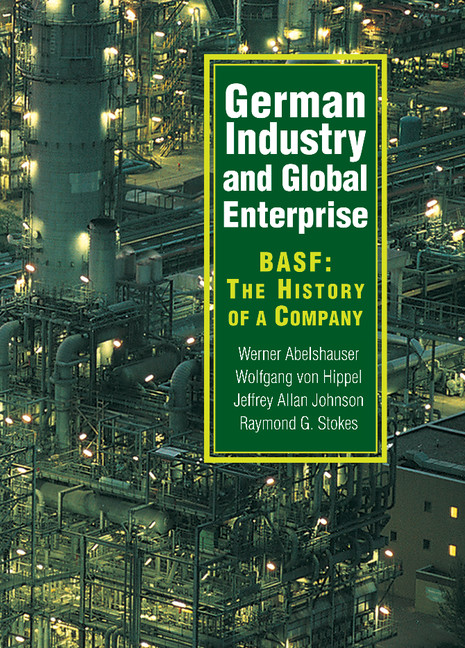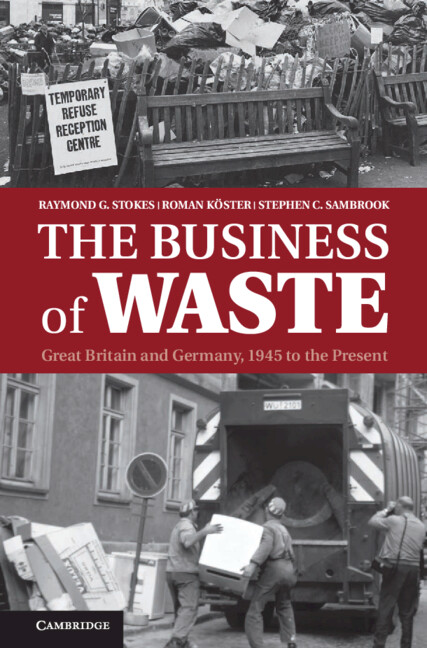Opting for Oil
This book investigates the causes, course and consequences of the shift in West German chemical technology from a coal to a petroleum basis between 1945 and 1961. It examines the historical underpinnings of the technological culture of the German chemical industry; changing political and economic constraints on technological decision-making in the post-war period; and the actual decision-making process within five individual firms. By addressing a wide variety of broader issues - including the origins and impact of the division of Germany; the effects of the Wirtschaftswunder, or economic miracle; European integration; and the changing role of the West German Federal Republic in the international political order - this book explains how West German industry regained and then retained a competitive position in world markets.
- The case studies and analysis reveal much about West German industrial success in general, not just the chemical industry
- First study of post-war West German industry to examine technological change in its political and economic context
- Looks at the impact on industry of the division of Germany, European integration and the changing role of West Germany in the international order
Reviews & endorsements
'… finely crafted … fine achievement in scholarly analysis.' Nature
Product details
April 1994Hardback
9780521451246
274 pages
237 × 161 × 20 mm
0.58kg
Available
Table of Contents
- Introduction
- Part I. Background:
- 1. Politics and technological excellence: organic chemicals, 1860–1945:
- 2. Western German chemicals in flux, 1945–55
- Part II. Bargaining from Strength: The Political Economy Of Technological Change, 1945–55:
- 3. A new agenda, 1949–55: Cold War, changing energy patterns and the development of West German chemical technology
- 4. Rejoining the international community: international cooperation and technology transfer, 1951–5
- Part III. Alternative Paths to Plenty: Case Studies from the mid-1950s:
- 5. Fifty-fifty with the petroleum multinationals: BASF, Shell, and Rheinische Olefinwerke
- 6. Fifty-fifty with the petroleum multinationals: Bayer, British Petroleum, and Erdölchemie
- 7. Going it alone: Hoechst
- 8. State's interest and technological change: Hüls and cold-rubber technology
- 9. End game strategies: the German coal industry and the Fischer–Tropsch process
- Part IV. Consolidating the New Regime, 1957–61:
- 10. Petrochemicals triumphant, 1957–61
- 11. Conclusion
- Index.













